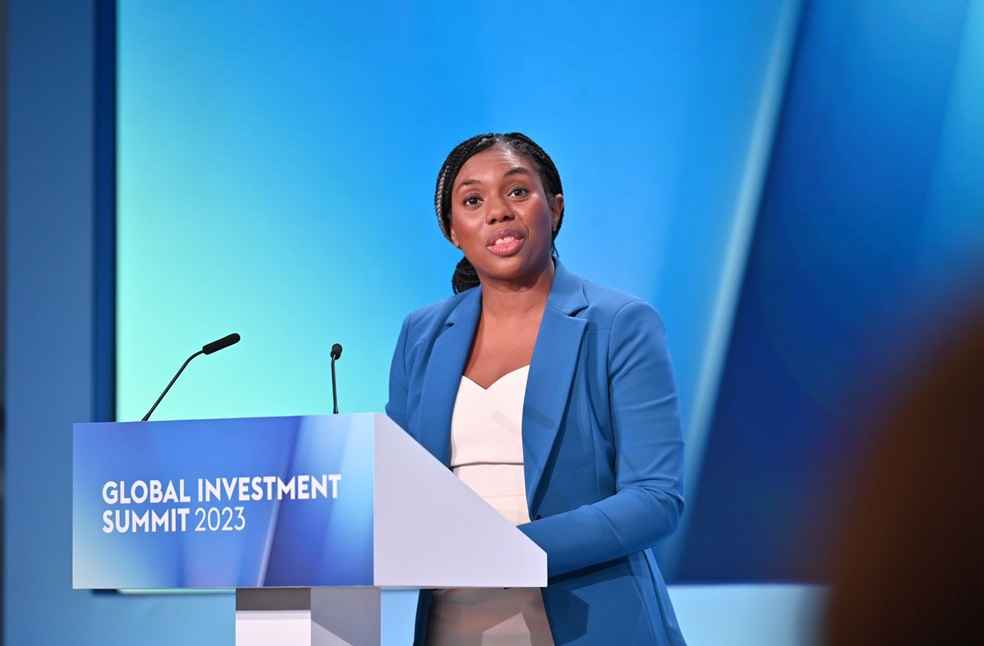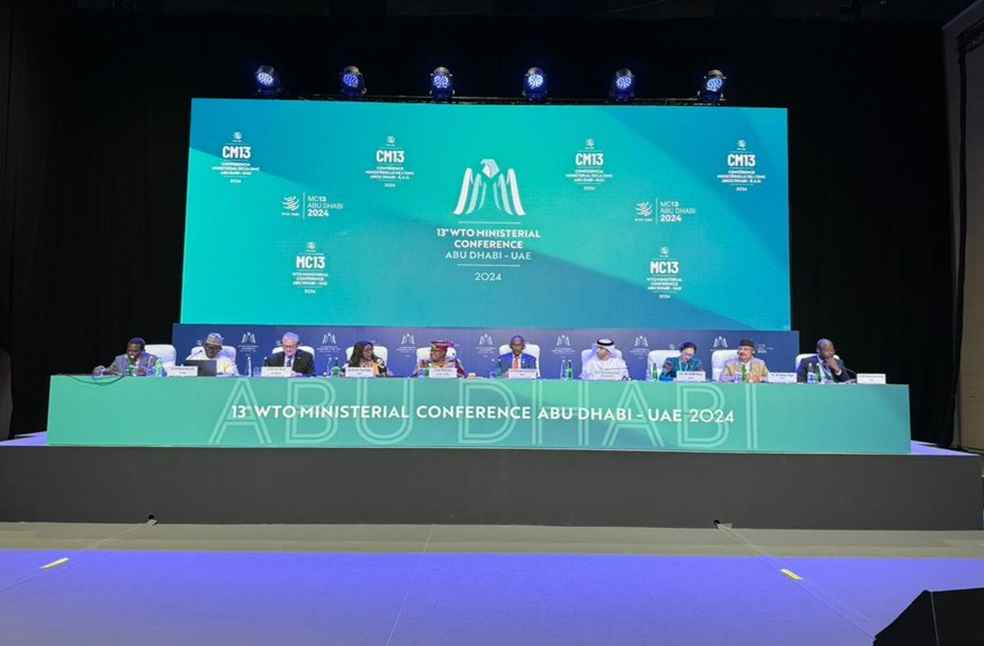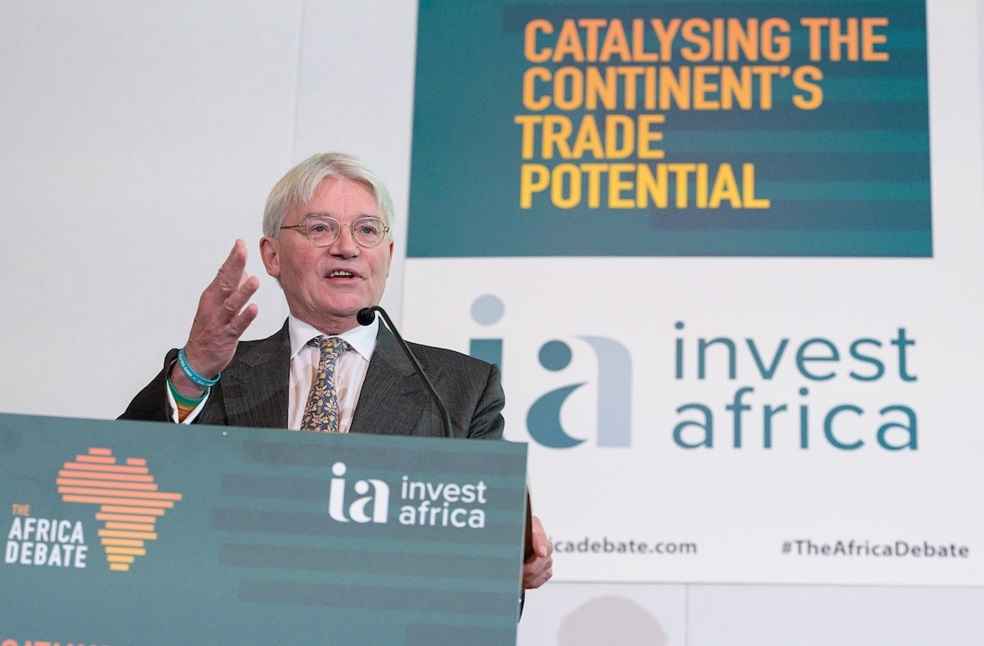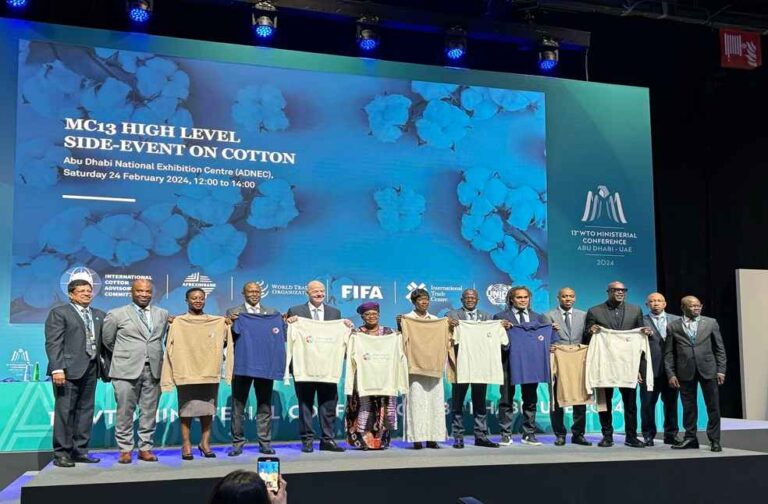United Kingdom: Kemi Badenoch, Trade Secretary of the UK is participating the World Trade Organisation (WTO) conference at Abu Dubai to meet international counterparts as well as to defend free and fair trade and to protect UK businesses from increasing global trade barriers.
More than 150 world trade ministers will gather together for WTO’s 13th Ministerial Conference (MC13) in order to discuss global trade rules that affect tariffs, restrictions and how businesses sell their goods and services abroad.
At MC13, the Trade Secretary said that, “Free trade creates jobs, opportunities for businesses, and puts money in people’s pockets. We want to see more barriers torn down, not new ones put up. This is why it’s important the UK is here at MC13, to secure meaningful outcomes for companies and consumers back home and around the world as part of the Government’s plan to grow the economy and boost opportunities for our young people. I look forward to working with Members this week to make that happen.”

WTO rules have been set to promote free and fair trade throughout the world and have helped boost global trade. In the period 2000 to 2016, the average WTO member reduced trade costs equivalent to a 15 percent reduction in tariffs. Obtaining WTO agreements can assist in removing trade barriers, lowering costs, saving businesses and consumers money, and determining how much countries may subsidize their industries.
The UK aims to play a significant role in the negotiations and hopes that MC13 will agree to extend the global e-commerce moratorium to reduce the costs of online trade and avoid taxes on digital transactions. The negotiations also include suggestions to assist countries in defending themselves against unfair trade practices by restoring the WTO’s dispute settlement mechanism and ending subsidies for unsustainable fishing fleets to protect vulnerable communities and ocean ecosystems.
They also hope that MC13 to agree that developing nations can reap the benefits of free trade and worldwide investment by forming agreements like the Investment Facilitation for Development Agreement. Such pacts aid in creating an environment that is transparent, efficient, and predictable for investments, which in turn encourages the development of the economies of underdeveloped nations.

Greg Hands, the Trade Policy Minister remarked that, “From preventing digital products like emails being taxed, to ensuring countries can challenge unfair trading practices, the UK joins this conference with a clear mission, to be the world’s leading voice for Free Trade. It’s good to be back at the Ministerial Conference of the WTO, alongside the Trade Secretary, to help drive negotiations and secure the right outcomes for businesses and consumers around the world and in the UK.”
Since the 1990s, free trade has played a vital role in lifting over a billion people globally out of extreme poverty. Which is why the UK’s trade and investment policy is centred around development. The United Kingdom has been at the forefront of meeting the needs of the least developed countries. It has played an active role in the negotiations of the Investment Facility for Development Agreement (IFDA). This agreement aims to simplify complicated procedures for potential investors and promote transparency. Developing countries will benefit most from this agreement.
An extra 1 million Swiss francs will be added to the Enhanced Integrated Framework of the World Trade Organization. This fund is exclusively dedicated to assisting the least developed countries in trading. The UK has been the second largest donor to the fund, contributing nearly $35 million over two decades.
Development Minister Andrew Mitchell stated that, “Trade is a proven route to prosperity. That is why the UK is pushing robustly for outcomes at the WTO’s MC13 in Abu Dhabi that support developing countries to reap the benefits of free trade and global investment.”

“We are proud to have introduced the Developing Country Trading Scheme – one of the most generous schemes available to developing countries. This conference is an opportunity to further improve the global trading system to ensure all countries benefit from the transformational impact of trade and no one is left behind,” Mitchell added.
UK ministers are scheduled to meet with all six representatives of the Gulf Cooperation Council (GCC) following the conclusion of the sixth round of talks on the UK-GCC Free Trade Agreement. For the first time, the meeting will include Kemi Badenoch, to advance the deal.
Both the UK and GCC countries have already invested at least £19 billion in each other’s economies and their total trade worth is £59 billion. An agreement between them would further boost investment and exports, leading to more opportunities for both sides. This partnership is built on strong foundations and has a bright future ahead.
UK government officials are scheduled to hold a conference with representatives from member states of the Comprehensive and Progressive Agreement for Trans-Pacific Partnership (CPTPP) ahead of the UK’s expected ratification and entry into force of the deal later this year. Once the UK joins, the CPTPP will become a truly global agreement.
TRENDING | SIA unveils new business approval scheme consultation



